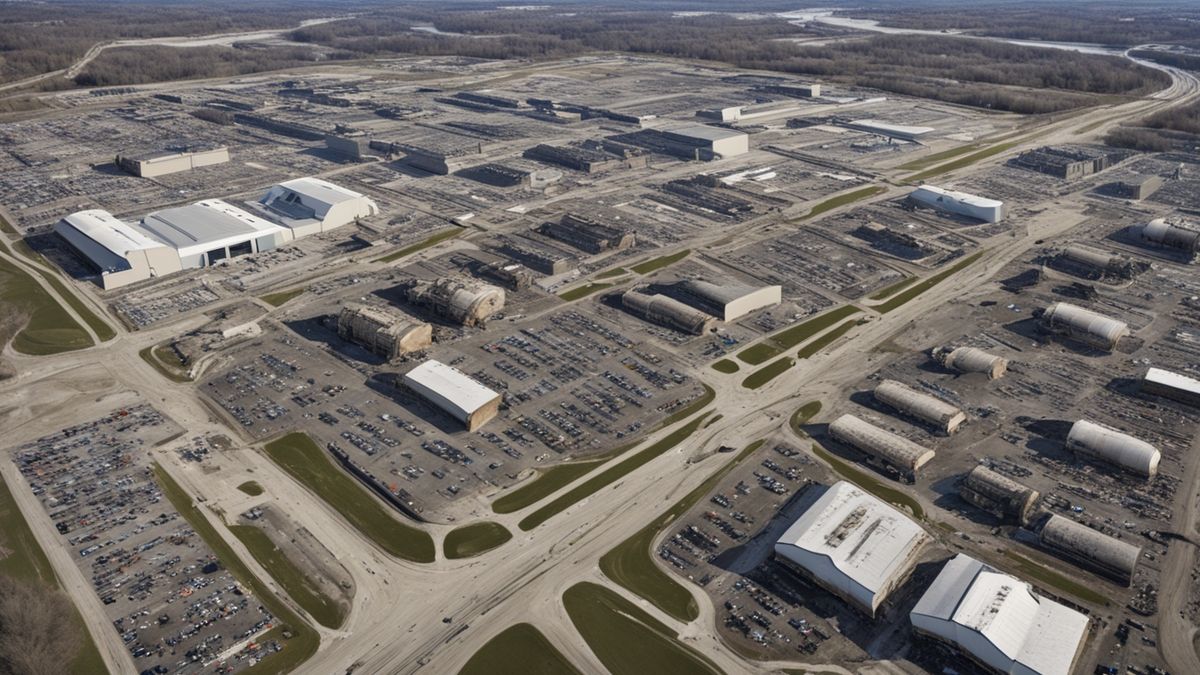
Once the beating heart of America’s car manufacturing prowess, Michigan’s auto industry landscape is undergoing a seismic shift. The recent years have witnessed a dramatic decline in US sales figures for the traditional automotive giants – GM, Ford, and Stellantis – with a 47% drop to 6.1 million vehicles, shrinking their grip on the domestic auto market to a mere 39%. This downturn, however, tells only half the story. As Asian and European manufacturers ramp up production in the southern United States, it’s easy to overlook the enduring impact of the auto industry on Michigan’s economy. According to Patrick Anderson, CEO of Anderson Economic Group, the evolving automotive sector, with its increasing technological complexity, continues to be a cornerstone of the state’s economic foundation.
The Changing Face of the Auto Industry
The narrative of Michigan’s auto industry is not merely one of decline but of transformation and adaptation. The technological complexity of modern automobiles has given rise to a surge in tech-focused jobs within the state, serving the auto sector in capacities beyond traditional manufacturing roles. This shift reflects a broader industry trend towards the integration of sophisticated software and hardware, propelling vehicles into the future with electric and autonomous technologies. Despite a reported 35% decrease in auto jobs since 1990, according to CNN Business, the auto industry’s contribution to Michigan’s economy has morphed, embracing sectors such as trucking, supply, and advanced manufacturing.
Challenges and Opportunities
The transition towards a more tech-oriented auto industry is not without its challenges. The rise of electric vehicles (EVs) represents a significant pivot from traditional automotive manufacturing processes, necessitating new skills, investments, and infrastructures. However, this shift also presents unprecedented opportunities for Michigan to lead in the EV sector, leveraging its historical manufacturing expertise and evolving it to meet the demands of the 21st century. The state’s ability to navigate this transition could set a precedent for how traditional manufacturing hubs can reinvent themselves in the face of industry-wide shifts.
Looking Ahead
As the global auto industry continues to evolve, so too does Michigan’s role within it. The decline in traditional auto jobs, stark as it may appear, is part of a larger narrative of adaptation and resilience. The increasing presence of Asian and European automakers in the southern United States has undeniably shifted the landscape, yet Michigan’s economy finds new avenues for growth in the burgeoning fields of automotive technology and electric vehicles. The dwindling numbers of Michigan auto jobs, as reported by the BLS, may not fully encapsulate the auto industry’s ongoing contribution to the state’s economic vitality, underscoring the importance of looking beyond traditional metrics to understand the industry’s true impact.
